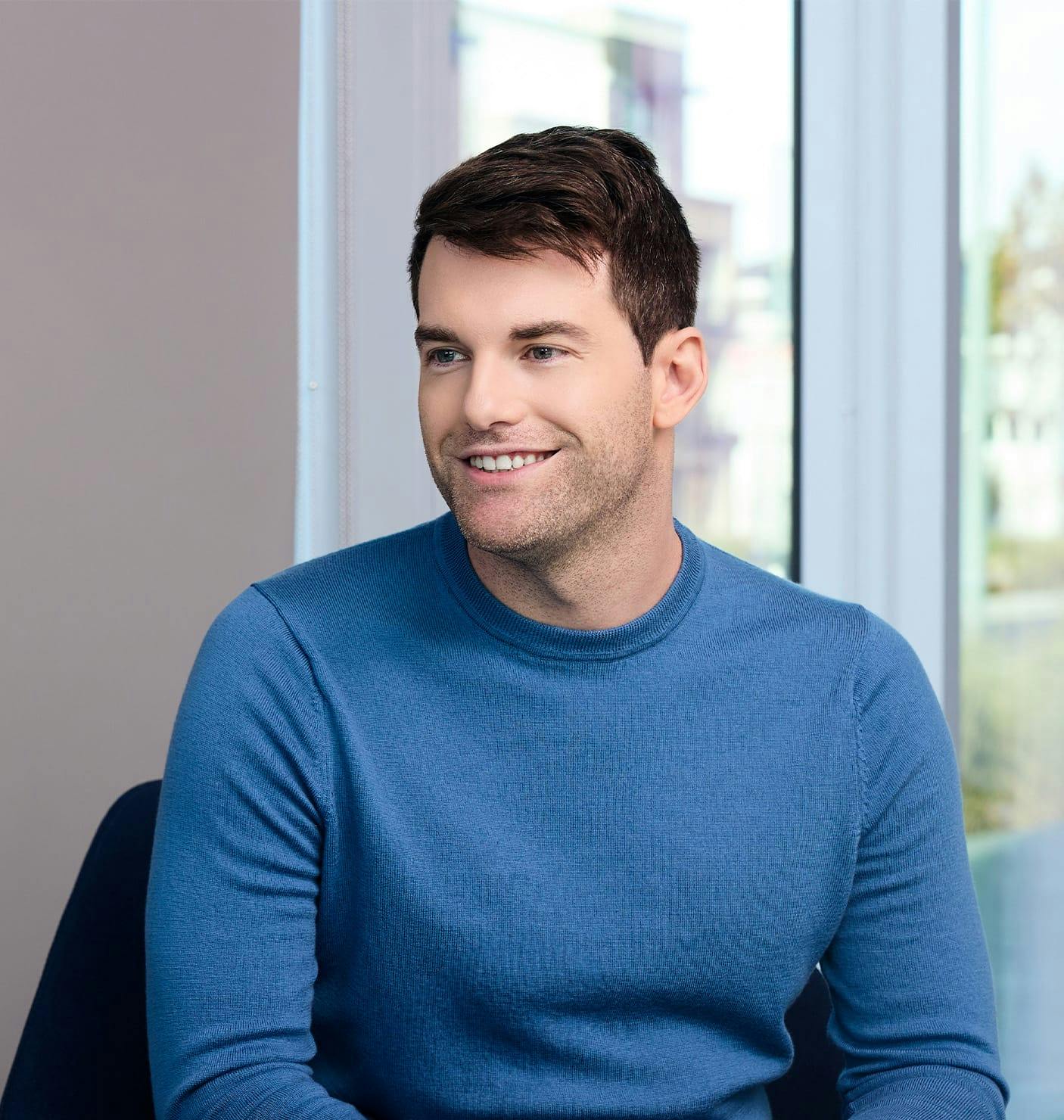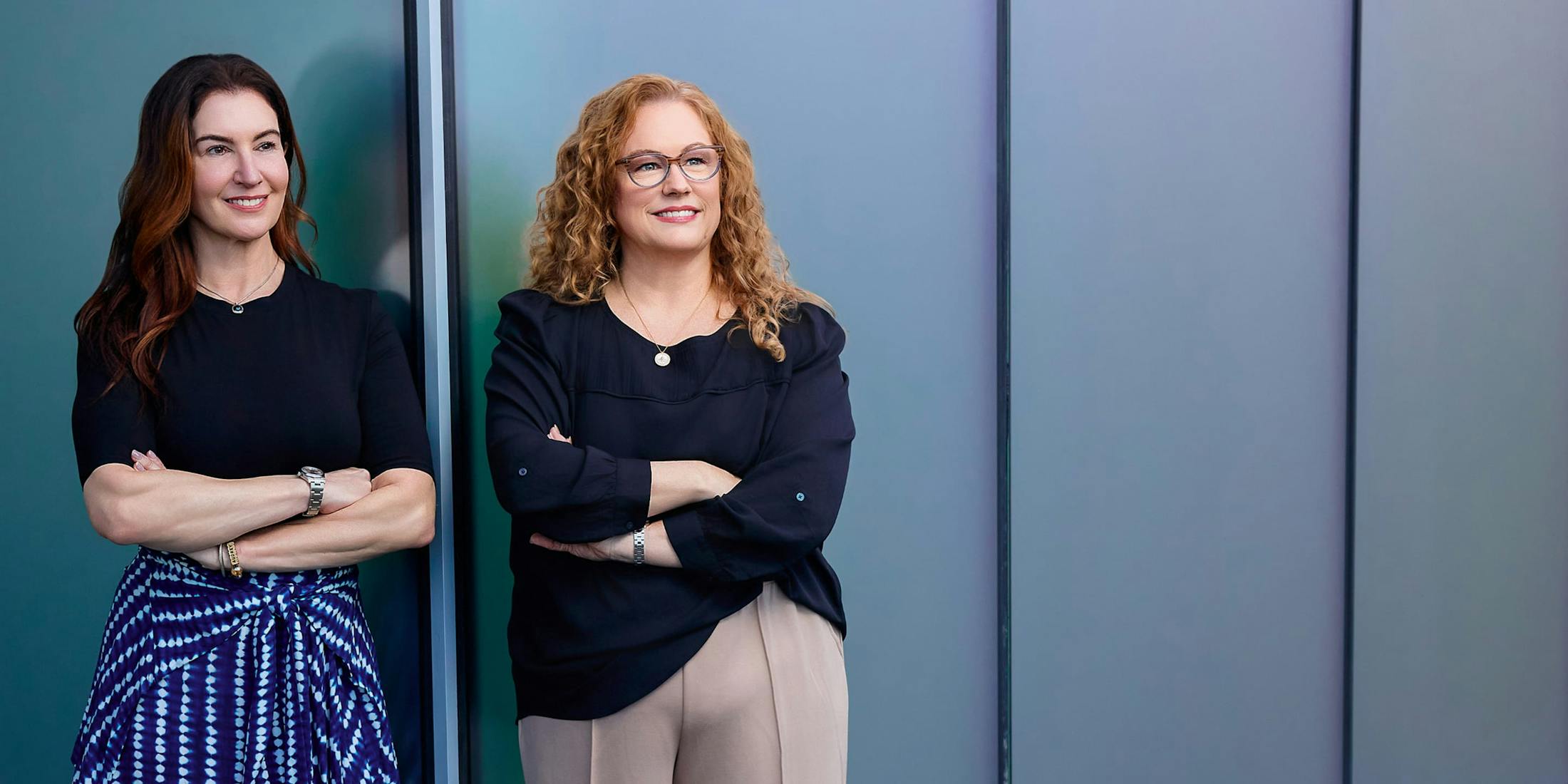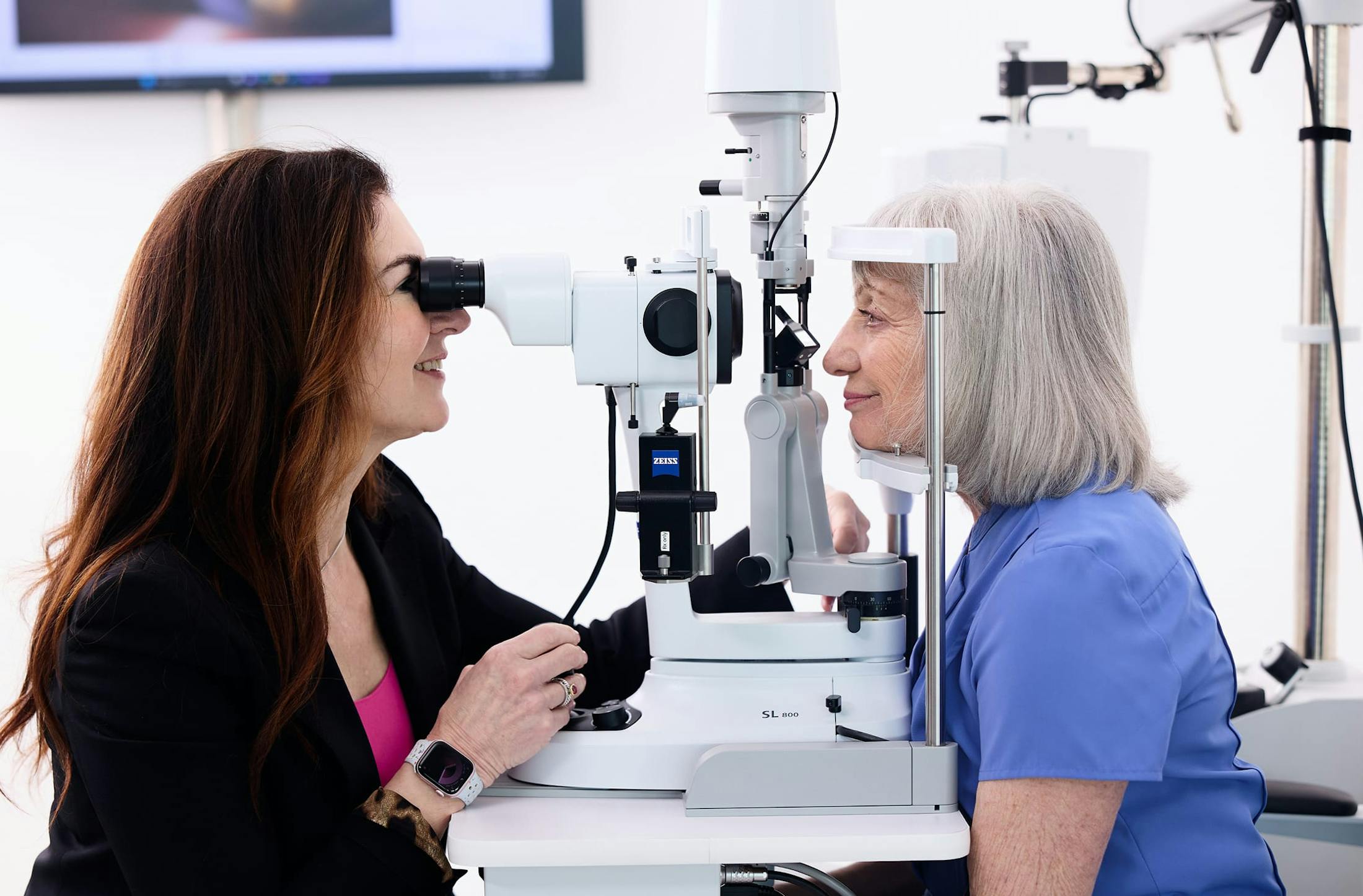Regain clear vision with a customized corneal transplant in Seattle and Bellevue, whether you need a full-thickness or partial-thickness procedure to restore eye health and improve daily sight.
What Is Corneal Transplantation?
Corneal transplantation in Bellevue , the greater Seattle and Puget Sound area is a surgical procedure that replaces damaged or diseased corneal tissue with healthy donor tissue to restore vision and improve eye health. Depending on the severity of the condition, the transplant may be:
- Full-thickness (Penetrating Keratoplasty, PKP): Replaces the entire corneal tissue for severe corneal disease or damage.
- Partial-thickness (DMEK or DSEK): Preserves more of the patient’s natural cornea by replacing only the damaged inner layers, leading to a faster recovery and lower rejection rates.
Corneal transplants are used to treat keratoconus, corneal scarring, and advanced corneal disease, helping patients regain clear, functional vision.











